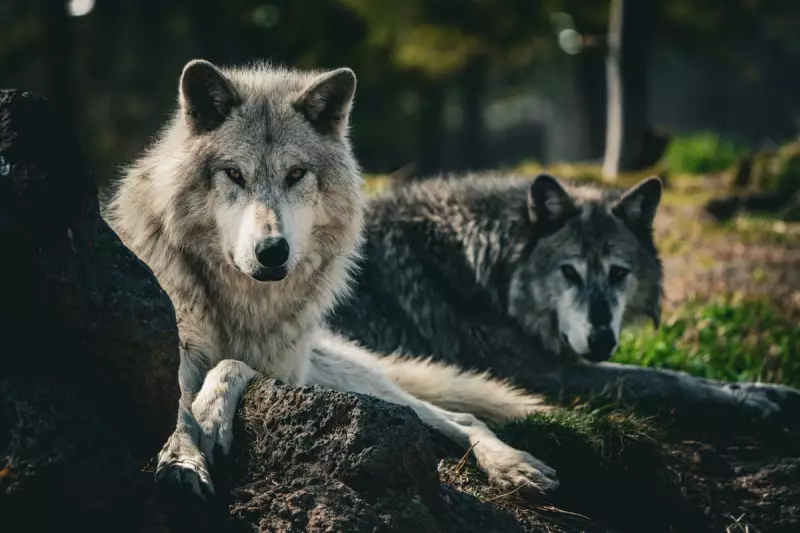
A dramatic legal reversal has restored federal protections for grey wolves across much of the western United States, effectively halting planned hunting seasons in multiple states.
The 9th US circuit court of appeals delivered a landmark judgment late Thursday, overturning a lower court's decision and reinstating endangered species safeguards for the iconic predators.
Legal Battle Reaches Climax
This ruling represents the latest development in a protracted legal battle between conservation groups and state wildlife agencies. The court found that the US Fish and Wildlife Service had failed to adequately demonstrate that state-managed hunting programmes would not jeopardise wolf recovery efforts.
Judge Roopali Desai, writing for the majority, stated that wildlife agencies had not sufficiently proven that wolf populations could sustain hunting pressure while continuing their recovery across historic ranges.
Immediate Impact on Hunting Seasons
The decision immediately affects wolf management in:
- Montana
- Idaho
- Wyoming
- Parts of Washington, Oregon, and California
Hunting seasons that were scheduled to begin this autumn in several states must now be cancelled following the restoration of federal protections.
Ranchers' Concerns Versus Conservation
The ruling has drawn mixed reactions from various stakeholders. Livestock owners and ranchers argue that growing wolf populations threaten their livelihoods, with increasing incidents of predation on cattle and sheep.
However, conservation organisations have celebrated the decision as a crucial victory for ecosystem balance. "Wolves play an indispensable role in maintaining healthy wilderness areas," noted one wildlife advocate. "This ruling ensures their recovery won't be undermined by short-sighted management policies."
Historical Context and Recovery Efforts
Grey wolves were nearly exterminated from the western US by the mid-20th century through government-sponsored poisoning and trapping campaigns. Their remarkable comeback began with reintroduction programmes in the 1990s, but recovery remains incomplete across much of their historical territory.
This legal victory for conservationists may signal a shift in how predator species are managed in regions where human-wildlife conflicts occur.





